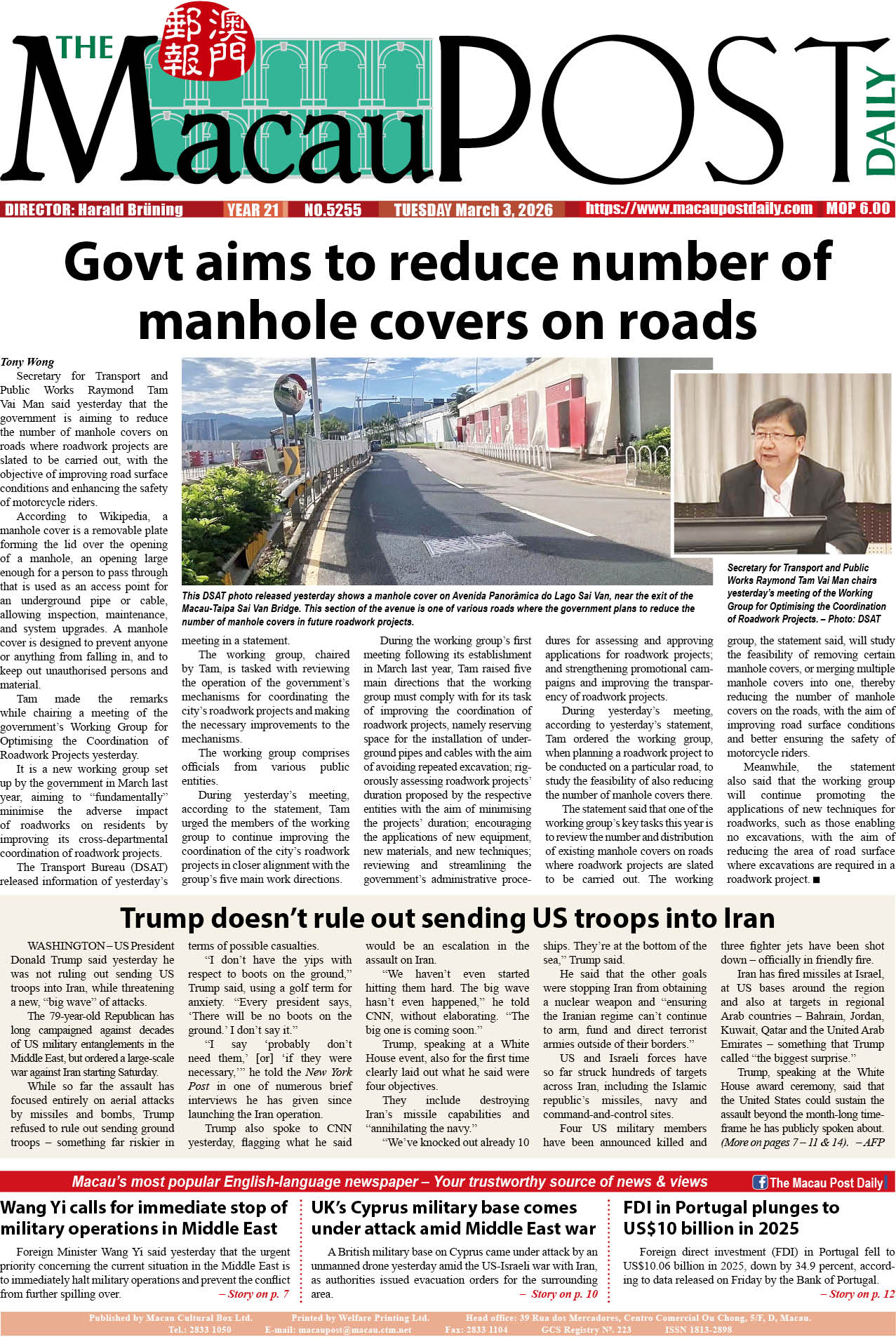Commentary by José Álvares
Wearing facemasks can certainly be considered a cultural habit in China. Personally, having been raised in Europe, I only saw surgeons and dentists using them. This virus outbreak forced me for the first time to use them on a daily basis. Honestly, it took some time to get used to the uncomfortable vibe arising from it. Having said that, a month in and it does not even bother me anymore (except when I occasionally happen to forget it upstairs, forcing me to take another ride up in the elevator).
It has been the subject of ample contention whether masks can help prevent the spread of the virus and it has even fuelled some strife. For instance, the local community in Hong Kong was up in arms over some expats not wearing masks especially in the Lan Kwai Fong area, which was a breeding ground for the virus during the past weeks. Also, doctors originally from Hong Kong and currently practising in Europe were not satisfied with the instructions from superiors to only use masks in COVID-19 isolation wards.
In fact, some governments in Europe initially advised their populations not to wear masks which is nothing short of an attempt to masquerade their own incompetence (in not securing sufficient masks even for the respective medical staff) rather than providing sound health advice. Recently, the United States (and other countries) did a U-turn in relation to facemasks by now actually recommending their usage.
In fact, it is evidently contradictory to instruct medical staff to use masks in COVID-19 wards but then advocate the opposite for the rest of population. In times like this, truth is the best solution to quell rumours and fake news. And if indeed there is a shortage of facemasks, governments in most places can in some way or another compel distributors to supply primarily to hospitals (but recommend people to use masks especially when they go outside if they manage to get their own stock). Furthermore, it is said that during times of crisis, people tend to actually adopt an altruistic behaviour (at DHL and EMS offices in Macau, people are queuing to send masks to their friends and family all over the world).
Masks alone will not stop the risk of infection but combined with proper hygiene (namely frequent hand washing) and social distancing, they can go a long way to prevent the spread of the virus. To start with, masks detract people from touching their face, which is ideal given that the mouth and eyes are the major point of entry for the virus and people tend to touch their faces an average of 23 times per hour. Secondly, masks help contain droplets expelled by people, especially those infected (and most of whom do not even know it) with COVID-19.
Finally, even if not convinced of the health benefits of wearing a facemask, for foreigners living in this region and during these times, knowing the local culture here, it is simply a matter of respect.
*The author is a founding partner of CA Lawyers







